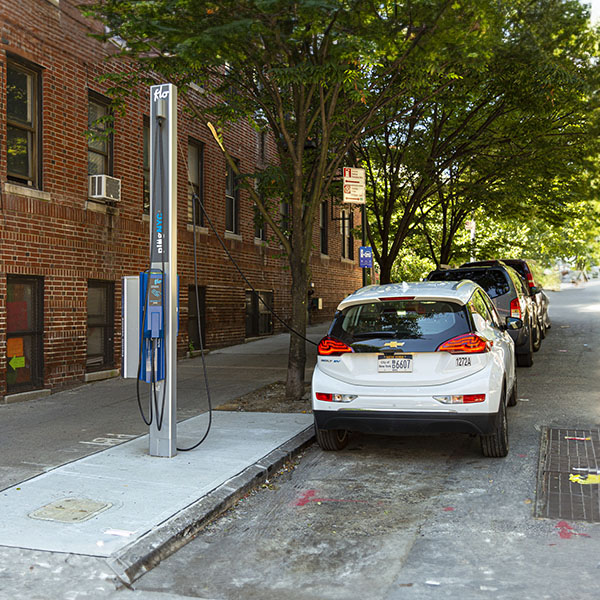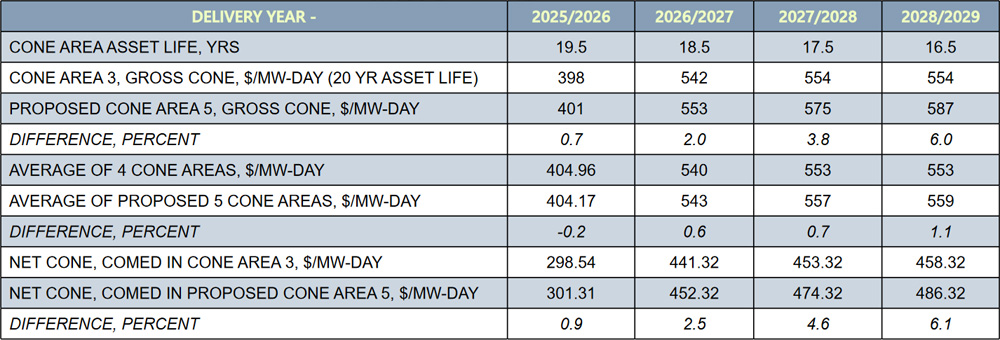VALLEY FORGE, Pa. — PJM’s Operating Committee endorsed a joint proposal by PJM, Public Service Enterprise Group (NYSE:PEG) and DC Energy for the RTO, transmission owners and market participants to increase information sharing ahead of extended transmission outages.
The package received unanimous support Thursday, while a competing proposal from the Independent Market Monitor (IMM) received 17% support. (See “Discussion Continues on Transmission Outage Coordination Proposals,” PJM OC Briefs: May 11, 2023.)
The joint proposal would add coordination between utilities and PJM to identify any required extended outages, evaluate the impact of those outages and expand outage information shared by the RTO.
Monitor Joseph Bowring said his proposal was designed to increase transparency about late outages and impacts on transmission congestion. He said the status quo rules have strong provisions around late outages that transmission owners (TOs) can bypass by instead reporting them as rescheduled projects.
“Our point is to increase clarity, transparency — particularly about late outages and congestion,” he said.
The IMM proposal would label outages as rescheduled when the start date is moved, adding a third category to current “on time” and “late” labels. It would also recommend that PJM identify the “congestion analysis required for transmission outage requests and associated triggers, including both the extent of overloaded facilities and the level of economic congestion,” the package’s matrix entry says. Bowring modified the proposal during the meeting to incorporate stakeholder feedback about a desire for more clarity.
Exelon’s Alex Stern argued that Bowring’s proposal was out of the scope of the outage coordination issue charge and would be inconsistent with the Consolidated Transmission Owners Agreement, which doesn’t give PJM the authority to place conditions on TO scheduling based on congestion analysis, associated triggers or whether an outage or rescheduled outage occurs before or after FTR auction bid opening dates. He cautioned against conditioning any outage requests needed to address grid reliability on market criteria.
Bowring said his proposal was focused on reporting, not changing how projects are scheduled or any TO behavior.
After Bowring modified the language of his proposal, OC Chair Anita Patel ruled the change was within the scope of the discussion.
PJM Plans to Open Stakeholder Process on RMR
PJM Senior Vice President of Operations Mike Bryson told the OC that RTO staff is working with the Monitor to draft a problem statement and issue charge to start a discussion on the reliability must-run (RMR) process, which allows PJM to contract with a deactivating generator to continue operations to maintain reliability.
 Mike Bryson, PJM | © RTO Insider LLC
Mike Bryson, PJM | © RTO Insider LLCDuring recent discussions on reliability and resource adequacy, PJM has warned of risk that deactivations will outpace new resource development, creating increased reliance on RMRs to maintain resource adequacy. (See “Panel Discusses Future Reliability Landscape,” PJM CEO, Panelists Address Reliability During Annual Meeting.)
Bryson said PJM is considering the timing of when to bring the subject before stakeholders and which committee should take up the issue, adding that it would likely be the OC.
Stern advocated for having a working group or special sessions examine the issue more deeply and increase visibility for stakeholders.
PJM Seeks Information on Expected Impact of EPA Rules
PJM’s Gary Helm presented on recently proposed EPA rule changes, including the “good neighbor” plan to cut nitrogen oxide emissions. He recommended that market participants provide the RTO information on how the regulations could impact their operations as it considers what comments to submit to the EPA. (See EPA Good Neighbor Plan Expected to Accelerate Coal Plant Retirements.)
The proposed rule changes include a stricter fine particulate standard, carbon capture and sequestration (CCS) for coal-fired resources and hydrogen fuel requirements for combustion turbines (CT) over the next decade. The EPA is also considering changes to the mercury and toxic air standards to more strictly target mercury emissions through electrostatic precipitators, Helm said.
The requirements for gas and coal units would have a sliding scale for when those units must either retire, install CCS to reduce CO2 emissions by 90%, or — for CT units — blend an increasing amount of hydrogen into their fuel. Helm said there are currently no commercially operating generators blending hydrogen into their fuel at the minimum 30% standard the EPA plans to require for larger resources by 2032. That rule would affect most of the combined cycle generators in PJM’s fleet.
Paul Sotkiewicz, president of E-Cubed Policy Associates, questioned whether the EPA is considering the infrastructure that would be required for generators to procure the amount of hydrogen required. Helm said at this point the EPA is focused on the viability of the technology.
“No one is doing that of their own volition, just running for the market with 30% hydrogen,” Helm said. “What I would say when you talk about infrastructure [is] that’s not addressed in the proposal because that’s something the administration feels is being addressed through actions being taken by the Department of Energy, the [Inflation Reduction Act] and the [Infrastructure Investment and Jobs Act].”
America’s Power CEO Michelle Bloodworth said generators will have to decide which avenue to pursue much sooner than laid out in the EPA’s rules, because states will have two years to write their implementation plans and will likely require utilities to make a determination ahead of that timeline. She added that no commercially operating power plants have 90% carbon capture and she doesn’t think the EPA has demonstrated that the technology is viable yet for coal-fired power plants or that the supporting infrastructure exists.



